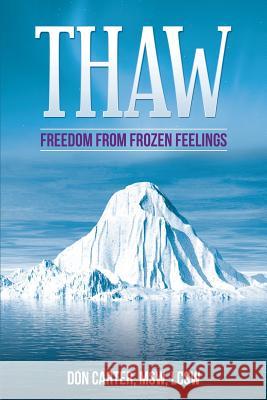Wyniki wyszukiwania:
wyszukanych pozycji: 2
 |
Thaw - Freedom from Frozen Feelings
ISBN: 9781466456402 / Angielski / Miękka / 2011 / 186 str. Termin realizacji zamówienia: ok. 16-18 dni roboczych (Dostawa w 2026 r.) THAW - Freedom from Frozen Feelings, is a book about the emotional wounds of abandonment, shame, and contempt created by growing up in a less-than-nurturing family. If you experience abandonment issues, emotional flooding, toxic shame, a pattern of dysfunctional relationships, or you help people who do, THAW - Freedom from Frozen Feelings is a "must have." The book outlines the wounding process experienced by those who were raised in a less-than-nurturing family; how those emotional wounds show up in various personal and interpersonal problems in adulthood. An innovative, easy to... THAW - Freedom from Frozen Feelings, is a book about the emotional wounds of abandonment, shame, and contempt created by growing up in a less-than-... |
cena:
62,22 |
 |
Unapologetically Queer: A Relationship Book
ISBN: 9798338517147 / Angielski / Miękka / 2024 / 62 str. Termin realizacji zamówienia: ok. 16-18 dni roboczych (Dostawa w 2026 r.) |
cena:
79,82 |










